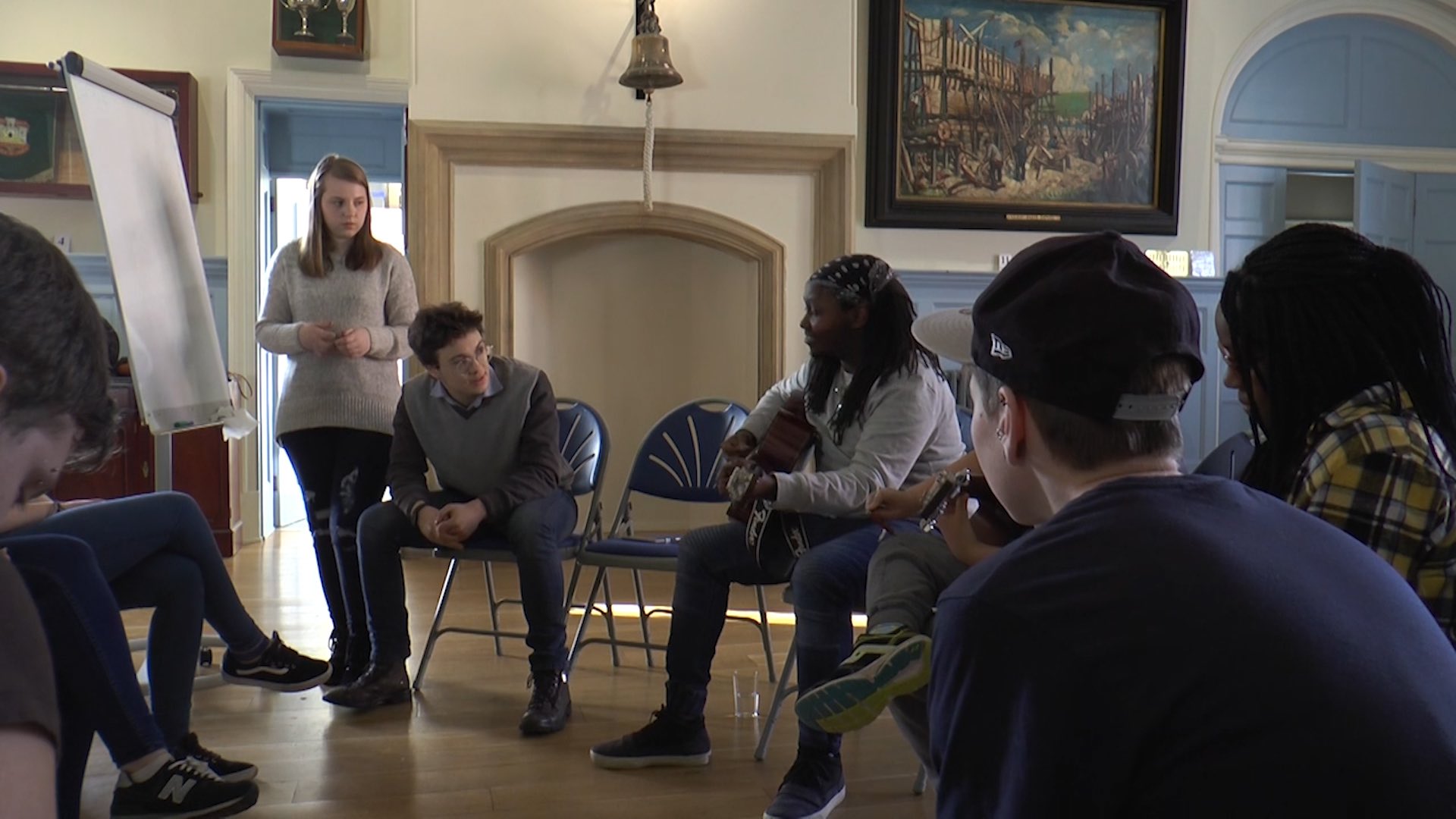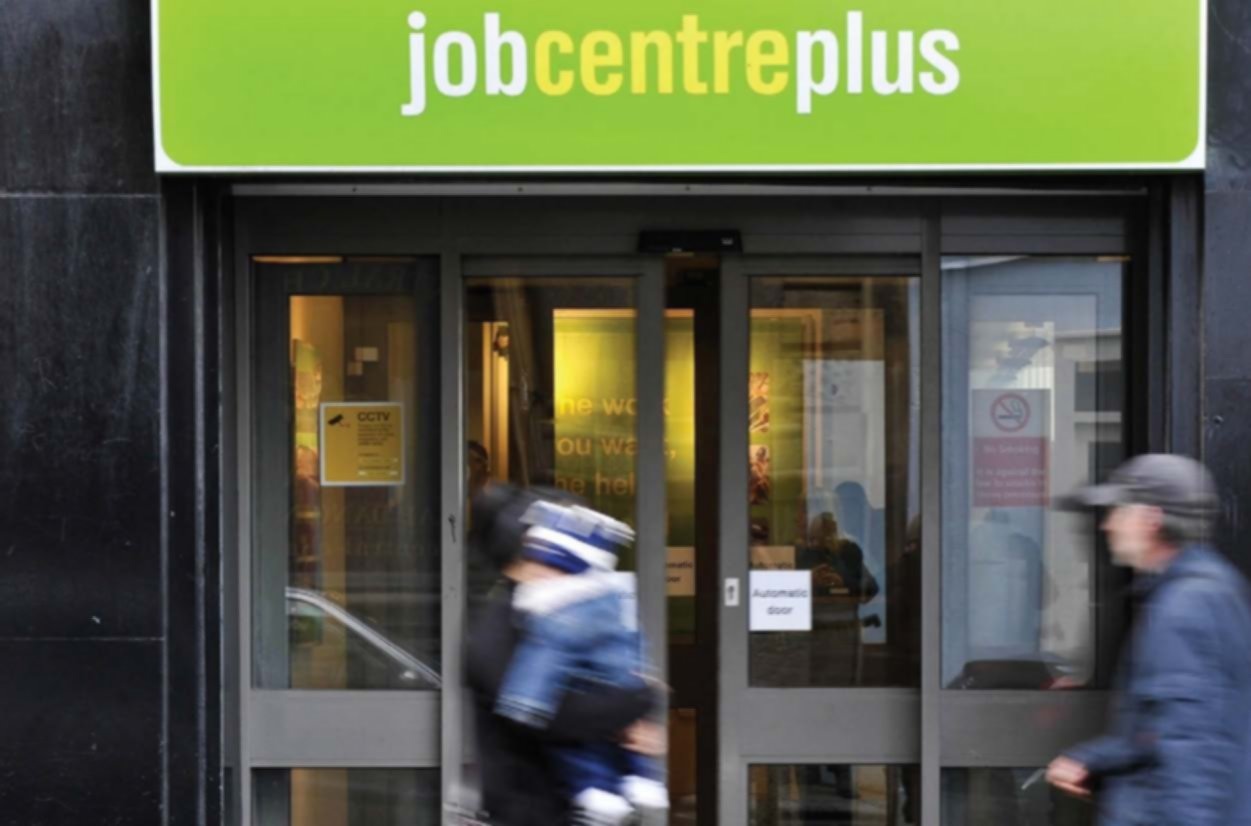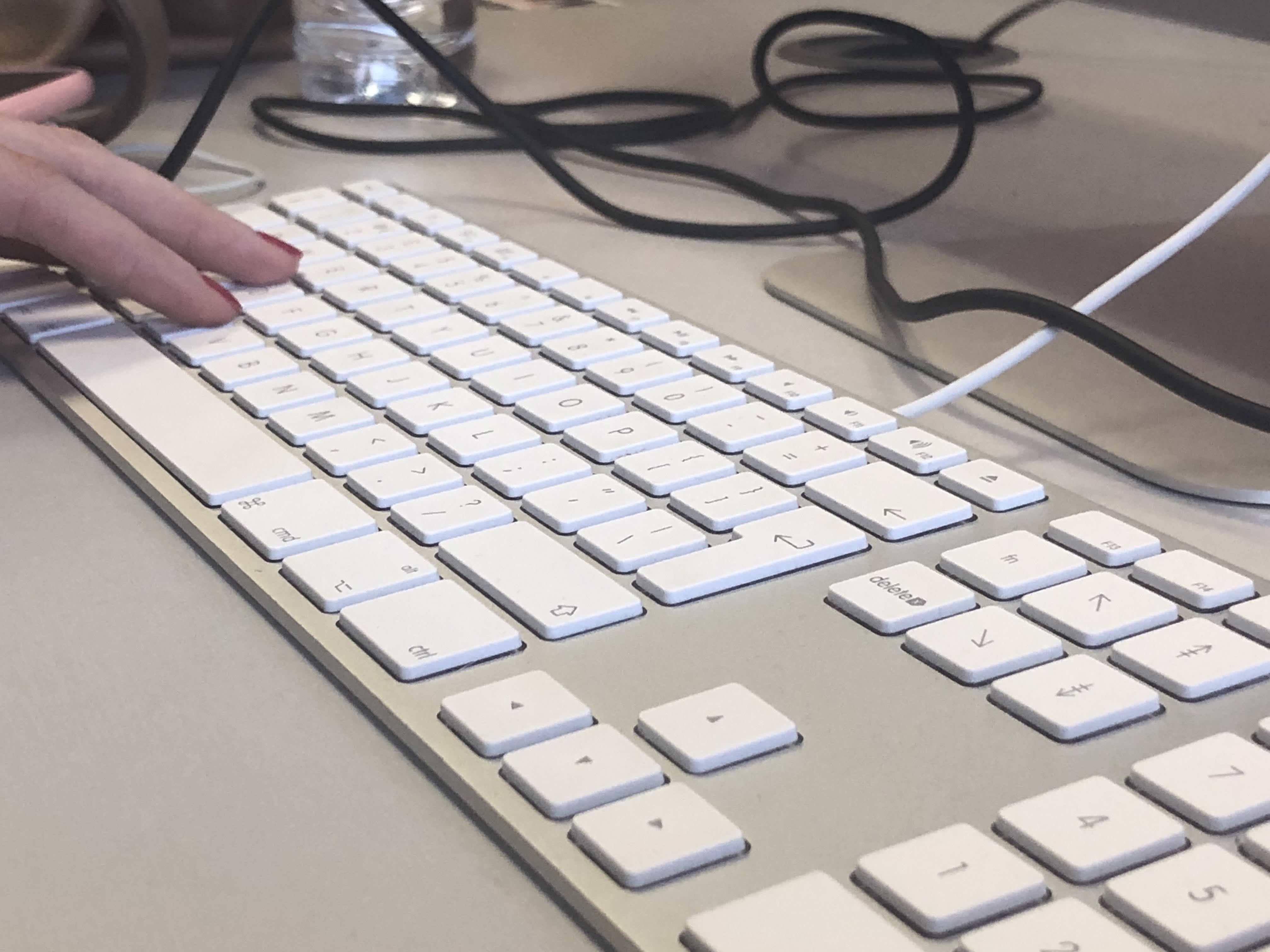Lack of funding prevents inclusion, making it difficult for disabled people to gain the same skills as non-disabled people.
As a result, disabled children often begin learning about theatre, dance and music at a much older age.
“When you have disabled children there is so little opportunity they can get involved with because it costs more,” said Eilis Davis, Artistic Director (EBYA) of Diverse City.
Research shows that one in three people in poverty live with a person who has a disability and, as living costs are greater for those with the extra needs, some parents can’t afford activities.
Ms Davis said that growing up without being involved with the arts usually means children don’t have as much experience, which makes it harder for them to compete at auditions later in life.
“By the time you get to sixteen, you’re already quite far behind your peers.
“It’s usually not even about your disability, it’s about money”
Tina Ellen Lee, who works to make the arts more accessible with The Complete Freedom of Truth said “it means that people with disabilities can’t fully integrate.”
Arts Council England told The Breaker that access support can be built into applications for funding for arts projects, but can also be made available by application on an individual basis.
Despite this, Eilis Davis thinks that attitudes toward inclusion are also a barrier:
“The more people work inclusively with disabled people and non-disabled people together [the more] it will open up funding. It won’t be seen as separate.”







